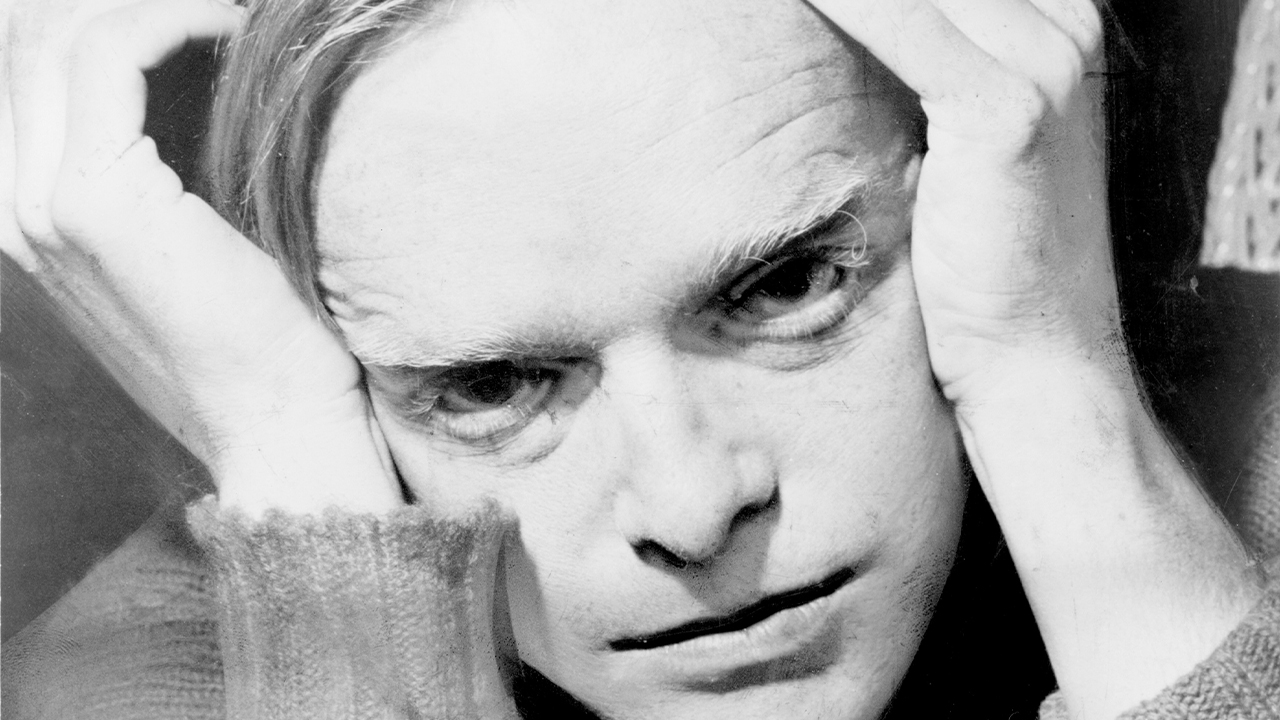A TED Talk Hits Home
January 16, 2020

Hair dripping, soul at peace, I unlock the door, wet towels and swimsuit bunched under one cold arm, and hear the phone ringing. It is a landline (my husband is the human incarnation of retro) so I check caller ID on my way to the laundry room. Missouri Department of Corrections.
My heart sinks. Bertha Owens is calling.
I let the phone ring, go upstairs, answer emails, click on a TED talk a friend recommends. It is by Bryan Stevenson, a New York University law prof, and she cannot believe I have not heard it yet: He got the biggest standing ovation in TED history, and people begged TED to give money to his civil-rights organization and sent enough checks for a $1.12 million donation.
The talk is titled “We Need to Talk About an Injustice.”
I listen, feeling a little queasy about ignoring Bertha. She is warm, bright, fun to talk to, and a quarter-century into a life–plus–forty-five-years sentence that looks nothing like justice. I wrote about it for St. Louis Magazine two years ago, but I have since given up.
Stevenson tells a funny, touching story about his grandmother’s belief in him and the difference a sense of identity makes in how we live. Then he throws out a few statistics about U.S. criminal justice, starting with the number of people in U.S. prisons increasing sevenfold since 1972—often because of minor drug crimes.
Twenty-six years ago, Bertha went to a party house to get high. A few weeks later, she and the two men who became her codefendants were arrested and charged with beating a neighbor that day in order to steal his TV and VCR. After three weeks in the hospital and a treatment complication, he died, and the case became a homicide. The defendants’ alibis were blurry, their social standing nil. The only real evidence was an “eyewitness” who told police she had seen it happen, and her friend Bertha was the mastermind.
Details in the “eyewitness” account varied considerably with each telling, and after the trial, she told quite a few people—including a lawyer, a chaplain, a former cop, and more recently, me, via social media—that she had lied. But she refused to sign an affidavit to that effect, because she was afraid she would be charged with perjury or the police would come down hard on her in another case.
I shake off the details, focus my mind on the TED talk. Stevenson is saying that in the nation’s biggest cities, fifty or sixty percent of all young men of color are incarcerated or on probation or parole. A third of all black males in Alabama have permanently lost the right to vote. I just finished the novel An American Marriage, in which a character sums it up as “six or twelve. That’s your fate as a black man. Carried by six or judged by twelve.”
Bertha is black, too; so were her codefendants. The victim was white. The prosecutor was later accused of prosecutorial misconduct in twenty-five cases, and eight of his convictions were reversed—but not this one.
Stevenson is remembering how he once wrote—and filed—a “motion to try my poor, fourteen-year-old black male client like a privileged, white seventy-five–year–old corporate executive.” Make the same swap for Bertha, and she would be running the dressmaking business she dreams of. I fiddle with the volume, my cheeks stinging with unwanted heat. The synchronicity of this talk is increasingly uncomfortable. It comes as a relief when Stevenson turns to history.
The first wave of terrorism in this country followed reconstruction, he points out, and people lived in fear every day that they would be lynched or firebombed, beaten or run out of town or framed for someone else’s crime. We never called it terrorism, though. Nor did we ever think of our country as having apartheid, because here it unfolded more…organically, via redlining, white flight, wariness, lousy schools, and the increasing difficulty of finding jobs that paid enough to let you climb out of poverty. The new segregation started to look inevitable, the poverty like a choice.
Bertha finds nothing inevitable. She calls me every month or so, never to complain or whine, always with energy in her voice. Sometimes she hangs hope on a dream that felt like a prophecy or a snatch of scripture she happened to read on the day the corrupt prosecutor dropped dead or an inmate who knows somebody who knows somebody who has heard her story. Last year, a fresh burst of hope was anchored—more solidly, from my jaded perspective—to St. Louis’s new city prosecutor, but the office was overloaded with cases and the guy who genuinely seemed interested left the job a few months later. Now, a lawyer with the Kansas City Innocence Project seems interested, Bertha tells me. She is like an aspiring screenwriter, pitching her synopsis again and again, hoping someone will be intrigued by the theft of her freedom.
The New York Innocence Project seemed interested too, I remember, but nothing ever happened. Years ago, a St. Louis attorney even came to see Bertha pro bono and gathered documents into a file—but the court did not accept his motion. Another attorney retired, and his office lost Owens’ file altogether. The former cop turned private detective who befriended her years ago keeps a fat accordion file of copies just in case; he dove into the case hard, convinced of her innocence, but when he talks about it now, his tone is a mix of glum, resigned, and bitter. Every year that passes, Bertha’s chances shrink. Events have jumbled, memories have faded, people have died. There is no dramatic DNA evidence to unearth.
But she keeps at it, so tenacious at the slightest glimmer of sign or response or meaningful coincidence that I have come to dread her calls. Once, years ago, friends worried because Bertha was giving away her scant possessions. She was not suicidal, just riding one of those bursts of optimism, sure that this time, she had the right advocate, and she was going to be released.
I am glad hope keeps bubbling up within her. It keeps her sane and facing forward. But as a journalist, you learn to move on, turn to the next story, let the lost causes go….
“I believe that our identity is at risk,” Stevenson is telling his smart, polished TED audience. “That when we actually don’t care about these difficult things,” like injustice and despair, “the positive and wonderful things are nonetheless implicated. We love innovation. We love technology. We love creativity”—but we need more than those sparkly tools to be fully human.
That is vague enough for me to nod in comfort. But when he quotes Vaclav Havel emphasizing “a willingness to sometimes be in hopeless places and be a witness,” I wince.
Stevenson wants those of us who listen to TED talks about cool future possibilities to integrate—a word whose meaning will keep expanding until we get it right—the bleak realities that others face. Weave their lives into our own. Muster the kind of courage it takes to hope against hope.
Answer the damned phone.






